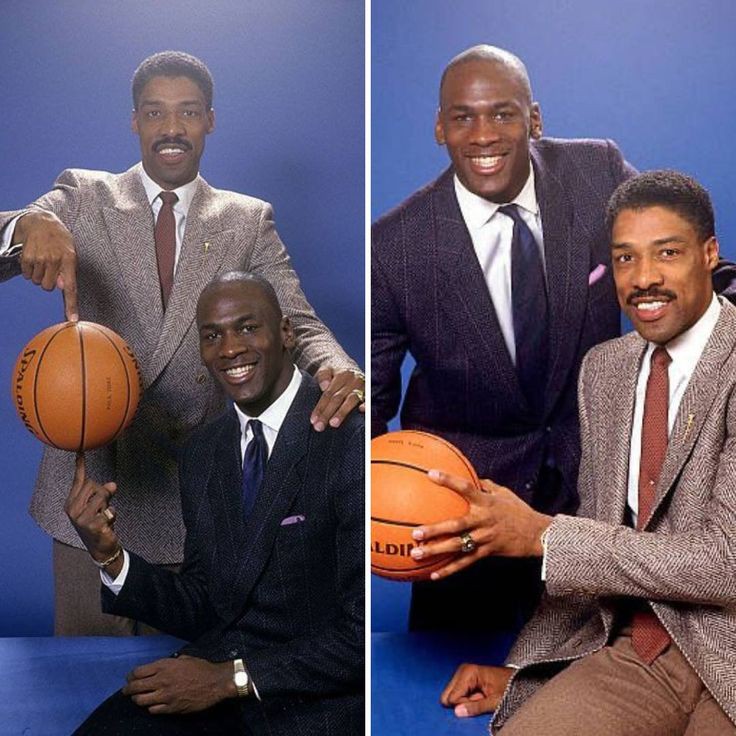Ian a recent interview, NBA legend Julius Erving, widely considered one of the greatest basketball players of all time, made a controversial statement about the best player in NBA history. While most basketball fans and analysts typically place Michael Jordan and LeBron James at the top of such lists, Erving chose not to name either of these iconic players as his pick for the greatest of all time (GOAT). His comments have sparked discussion across the basketball community, with many wondering who, in Erving’s view, could rival these two global basketball icons.
Julius Erving’s Legacy
Before delving into his recent comments, it’s important to understand why Julius Erving (or “Dr. J,” as he’s affectionately known) is a figure whose opinion carries significant weight in the basketball world. A member of both the Basketball Hall of Fame and the NBA 75th Anniversary Team, Erving helped revolutionize the game during his career. His dazzling dunks, graceful play, and leadership on both the Philadelphia 76ers and the New Jersey Nets cemented his place as one of the sport’s all-time greats.
Erving’s most significant contribution came in the 1970s, when he was the face of the ABA before the league merged with the NBA. His on-court prowess, combined with his charismatic personality, helped make the game of basketball more popular and accessible to fans. By the time he retired, Erving had amassed numerous accolades, including an NBA MVP award (1981), an NBA Championship (1983), and 16 All-Star appearances.
Given Erving’s influence on the game, his opinions about who should be considered the best player of all time naturally attract attention. However, his latest remarks have raised eyebrows, particularly because they dismiss two of the most commonly debated names in GOAT conversations: Michael Jordan and LeBron James.
Erving’s Surprising Statement
During a recent podcast appearance, Erving was asked who he thought was the greatest player in NBA history. Rather than selecting either Michael Jordan or LeBron James—two of the most frequently mentioned names in such discussions—Erving named a different player: Bill Russell.
“Bill Russell was the ultimate winner,” Erving said. “He set the standard for what it means to win at the highest level. While people talk about stats, titles, and individual accolades, I think what truly defines greatness in the NBA is a player’s ability to win championships and influence the outcome of games. Bill Russell did that better than anyone else.”
Erving’s decision to name Russell over Jordan and LeBron has stirred debate in the basketball community. While Jordan and LeBron are often considered the best players in history due to their scoring, all-around play, and ability to dominate in various eras, Erving’s choice of Russell emphasizes a different aspect of greatness—the ability to win championships and lead a team to sustained success.
Why Bill Russell?
Bill Russell’s credentials are beyond impressive. He won an astounding 11 NBA championships with the Boston Celtics, more than any other player in NBA history. His dominance on defense, particularly his shot-blocking and rebounding abilities, was a cornerstone of the Celtics’ success in the 1950s and 1960s. Russell’s leadership on and off the court was also a key factor in Boston’s championship run, and his rivalry with Wilt Chamberlain became one of the most compelling storylines in NBA history.
However, Russell’s greatness has often been overlooked in GOAT conversations. This is partially because his game was not as flashy as Jordan’s or LeBron’s, nor was he the focal point of his team’s offense in the way these two players were. While Russell’s defensive prowess and leadership were unparalleled, he did not have the scoring title or MVP accolades to match Jordan’s or LeBron’s achievements.
Nonetheless, Erving’s choice of Russell underscores an important point: greatness is not only defined by individual stats or highlight reels but also by a player’s ability to contribute to winning and team success. While Jordan and LeBron are known for their prolific scoring, Russell’s legacy is defined by his unrelenting focus on winning championships, making him a fitting choice for Erving’s GOAT pick.
The Case for Michael Jordan and LeBron James
Of course, dismissing Michael Jordan and LeBron James from the conversation raises important questions about their place in NBA history. Michael Jordan, often regarded as the greatest player of all time, led the Chicago Bulls to six championships in the 1990s, cementing his legacy as a clutch performer and unstoppable force. Jordan’s impact on the game went beyond his basketball skills; his influence extended to global popularity, sponsorships, and his iconic Air Jordan brand, which revolutionized the intersection of sports and culture.

